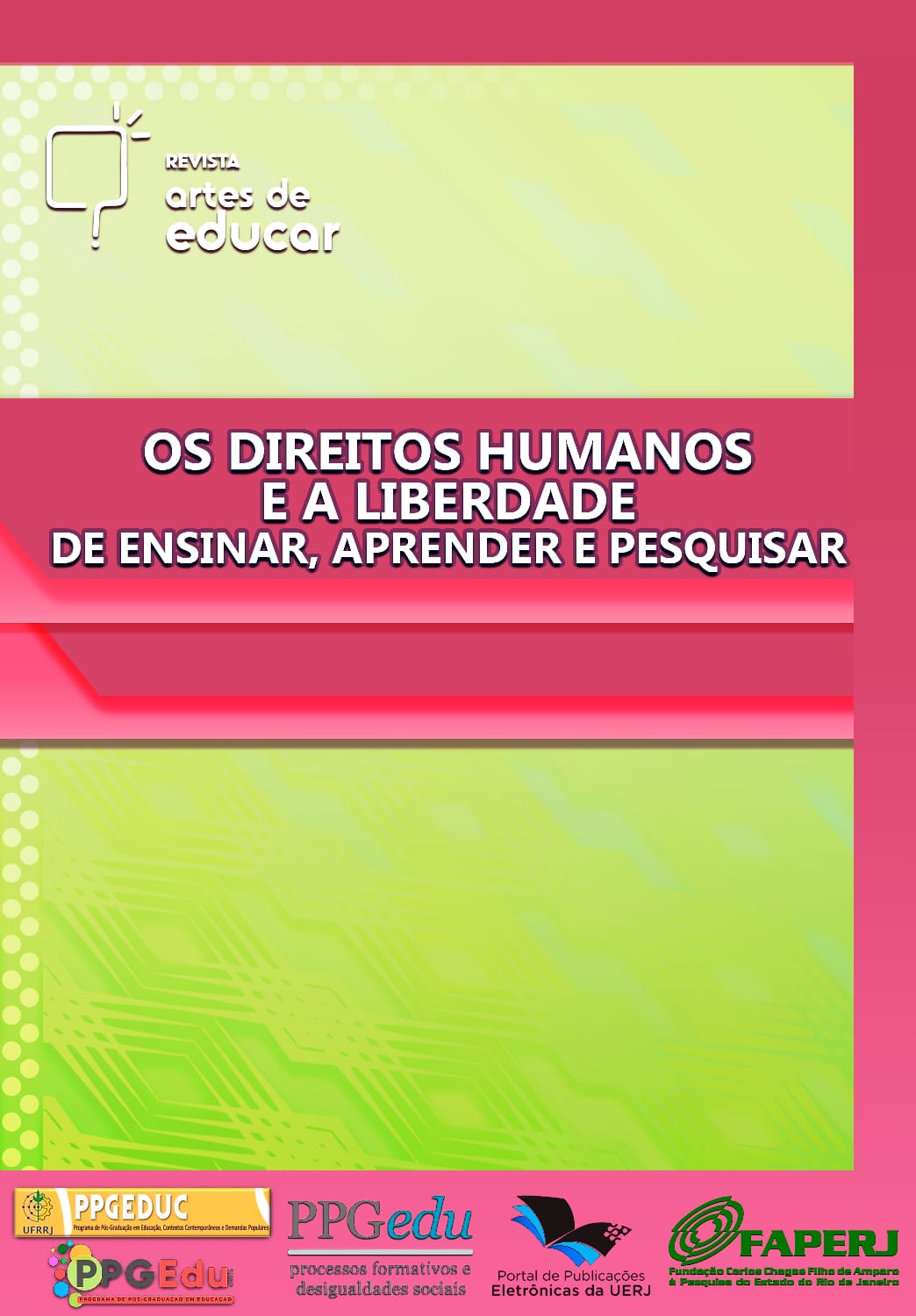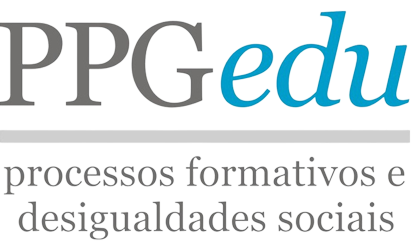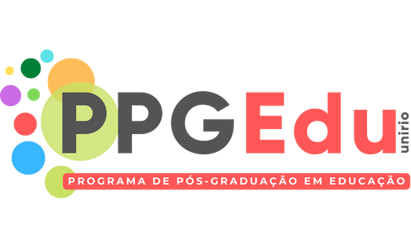ANALYSIS OF LEGISLATIONS AND MUNICIPAL EDUCATION PLANS (PMES): PROMOTING DIALOGUE ABOUT GENDER AND SEXUALITY IN SCHOOLS
DOI:
https://doi.org/10.12957/riae.2024.82478Keywords:
human rights, gender, sexuality, educational legislation, diversityAbstract
In recent years, the so-called 'gay kit' and 'gender ideology' have gained space in the Brazilian public debate, especially in the context of the 2018 presidential elections, to the point that one of the candidates for the Central Executive of Brazil made the moral agenda his victorious political platform, strongly based on the demonization of issues related to gender and sexual diversity to cause social terror and garner votes from a portion of the population. The objective of this article is to discuss how, in a political and social scenario so tense in recent years in Brazil, these issues impact the Brazilian educational legislation, which defines the guidelines, goals and strategies of education on a decennial basis, which is expressed by the National, State and Municipal Education Plans. To do this, we started from the PNE 2014-2024, went through the PEE of the state of Rio de Janeiro 2009-2019, in addition to selecting PMEs from four municipalities in the Baixada Fluminense, namely: Queimados, Nilópolis, Nova Iguaçu and São João de Meriti. As considerations, we highlight that only the municipality of São João de Meriti explicitly presented concern regarding issues of gender and sexual diversity. We understand that by not mentioning such concerns explicitly, in a context of attack on diversity, especially in schools, these and other legislations do not contribute to the construction, which must be constant, of inclusive education based on human rights.
Published
How to Cite
Issue
Section
License
Copyright (c) 2024 Jonatan Fernando da Silva Reis, Renata Lopes Machado Romanholi

This work is licensed under a Creative Commons Attribution-NonCommercial 4.0 International License.
Authors retain copyright to their work, are permitted to publish and distribute their work online (e.g., in institutional repositories or on their personal page) at any point before or during the editorial process, as this may generate productive changes, as well as increasing the impact and citation of published work.
The acceptance of the text implies the authorization and exclusivity of the Revista Interinstitucional Artes de Educar regarding the right of first publication, the published works are simultaneously licensed with a Creative Commons Attribution-Non Commercial 4.0 International License 























